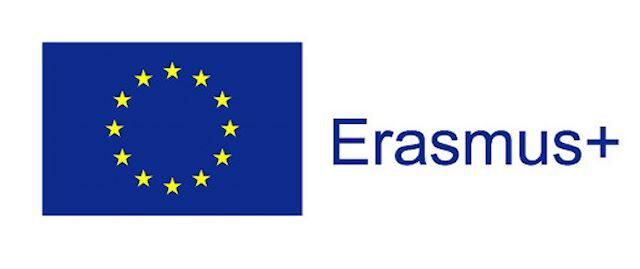Mobility of students and professors is one of the principles of contemporary European education obtaining. Studying, training and research work abroad enriches personal development and experience, gives the possibility to get to know about the other models of learning, helps to find new contacts for collaboration and deepens foreign languages knowledge. This information is included into Erasmus Mundus Eminince presentation.
Olena Komar, PhD student and a teacher of Chair of foreign languages theory and practice at Foreign Languages Department (USPU) has won a grant of this programme to study at the University of Porto (Universidade do Porto, Portugal). In the beginning of this academic year she has gone to the Portugal for her internship training. Her training is based on the programme of scientific internship for PhD students. The part of her investigation “Social policy and continual education: new theoretical and methodological challenges in sociology of adult education” will be carried out in the framework of the programme. She mentions about the first steps of training the following: “I was very lucky to win the possibility to study by Erasmus Mundus Programme.

At first there was an orientation session, where I got acquainted with a big and firendly team of coordinators, rector of the university who welcomed us and told us about the history of the university and previous experience of exchange students. Hence, there set new goals and tasks, responsibility and values behind us for cultural and self-development.


First of all, it is a challenge for all of us which gives opportunities for personal and professional development, new discoveries, and experience exchange. It is both the possibility to become a person of broad outlook and present your own country with specific traditions and believes.
I am grateful to Pavlo Tychyna Uman State Pedagogical University, headed by rector Nataliya Pobirchenko for the given possibility to study abroad, dean of Foreign Languages Department Nadiia Brit for her constant and valuable support, coordinator Oxana Zabolotna for her patience and inspiration, Anna Grebenkina for her help and advice.
Secondly, I’d like to add: Ask and you’ll receive, seek and you’ll get, knock and the door will be open! I wish you a good luck!
Additional information Erasmus Mundus is an educational programme of EU which aims at activization of international cooperation and mobility of students, professors, scientofic workers of Higher Educational Establishments (HEI) from Europe and the rest of the world. Trying to make EU as the leader of education in the world and, correspondingly, European Universities as centres of knowledge and innovations, Erasmus Mundus programme sets the goal to promote to mutual understanding between people and intensify intercultural dialogue.
Erasmus Mundus programme was created by European Union in 2004 for the countries, which are not included into EU. Senior students and scientific workers from different countries, including Ukraine, have the possibility to receive funding from EU for their studying and carrying out research investigation in the EU countries.
Erasmus Mundus is the international counterpart of the Erasmus Programme, which is named after the Dutch scholar Desiderius Erasmus, who studied in different monastic schools in Europe in the 15th century. 'Mundus' is Latin for world, meaning the name 'Erasmus Mundus programme' stands for the international and intercultural version of the Erasmus programme.
Erasmus Mundus Programme is the answer to challenges which appear in contemporary system of higher education, that is, development and training of European citizens in global and policultural society (based on education and knowledge, quality improvement of higher education in Europe). These principles correspond to Lisbon strategy according to which the EU members governments are obliged to make the EU economy competitive, and the EU system of education the most accessible and qualitative in the world. The programme supports realization of Bologna process, recognition of academic levels and internationalization in university education.










